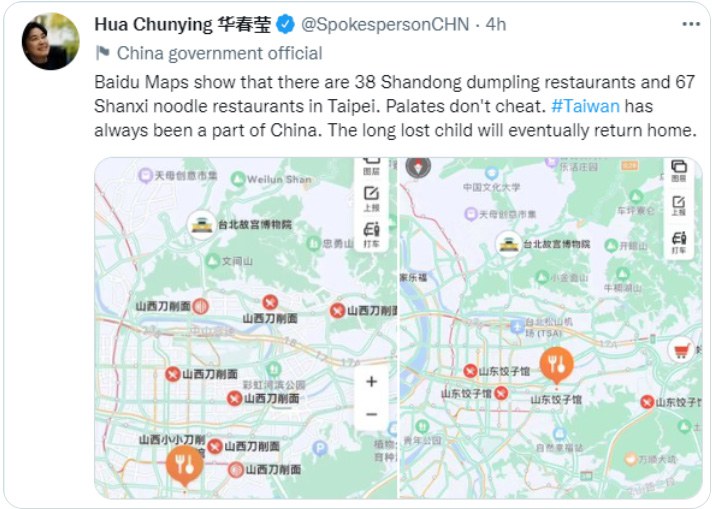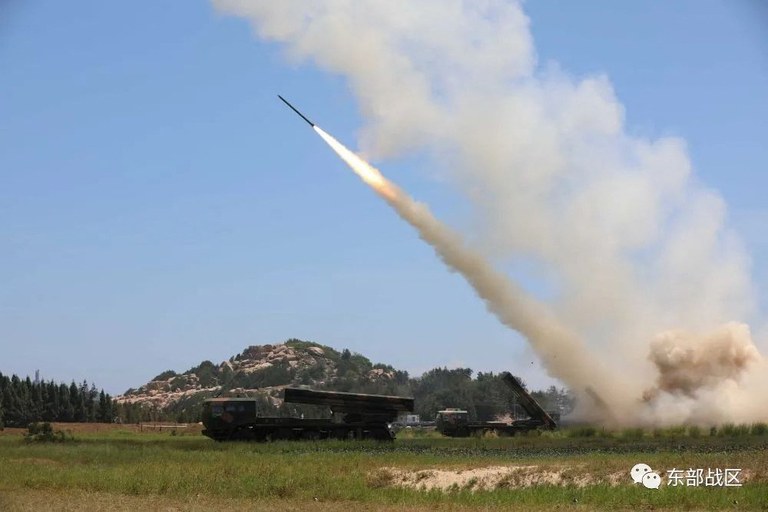North Korean soldiers sent to collective farms to relieve manpower crunch
North Korean authorities are dispatching veterans and soldiers about to demobilize to collective farms to make up for labor shortages, raising fears among the military ranks that they will be stuck doing hard jobs in rural areas for the rest of their lives, sources inside the country said. The Ministry of Defense, formerly known as the Ministry of People’s Armed Forces, has organized a command group to dispatch veterans and select soldiers scheduled to be discharged this year and in 2023, a military-related source in North Pyongan province told RFA. The Central Committee of the Workers’ Party of North Korea issued a directive for the project to send veterans to collective farms in rural areas throughout the country, he said. “The intensive deployment of veterans to collective farms is occurring because the aging rural workforce is getting older, and young people are leaving the countryside to engage in other livelihoods,” he said. “This is causing setbacks in farming.” The General Political Bureau instructed the veterans to be sent to the farming collectives this year to join the Korean Workers’ Party, the country’s sole ruling party, by mid-November, said the source who declined to be named so as to speak freely. The soldiers about to be discharged hope they won’t be included on the deployment list, fearing that if they are sent to rural areas, they will have to farm for the rest of their lives, he said. “The soldiers who are about to be discharged this year can’t sleep at night because of their anxiety that they might be included on the list for this year’s group mobilization into the countryside,” he said. North Korean authorities also have extended the directive to other groups. The children of parents who work in city factories and in business enterprises are also being selected to supplement the planned rural manpower, the source said. North Korea has approximately 1.14 million active troops, including 950,000 in the army, 120,000 in the air force, 60,000 in the navy, 10,000 soldiers in strategic missile forces, and an estimated 200,000 internal security forces as of 2021, according to the CIA’s World Factbook. Military service is mandatory for North Koreans, with seven to eight years for men, and five years for women, according to the Korean National Intelligence Service in 2021. Morale is low The General Political Bureau held a meeting for each military unit and instructed the soldiers that they should recommend colleagues leaving the service for collective farm work, said a military-related source in North Hamgyong province. “The soldiers sent to the countryside were told to be ideologically well equipped so that they could play a key role in strengthening rural farming,” he said. “However, the morale of the veterans who are caught in the deployment list has fallen so badly, so what is the use of ideological selection?” Soldiers scheduled for discharge in 2023 have no way of avoiding deployment to the countryside, he said. “Of course, the morale of the units is low, and the atmosphere is chaotic,” the source, who declined to be named so as to speak freely, told RFA. “Some soldiers are blatantly negligent in their duties, saying that if they are discharged from the military in the future, they will be forced to advance into rural groups anyway,” he added. “Then they will join the Korean Workers’ Party regardless of how much effort is put into their military service time.” North Korea grants party membership as a carrot to discharged soldiers who are going to be assigned to undesirable rural areas. The soon-to-be-discharged soldiers are fearful of being sent to the countryside to work in hard jobs at farms, coal mines and construction sites, the source said. Translated by Claire Shinyoung Oh Lee. Written in English by Roseanne Gerin.








